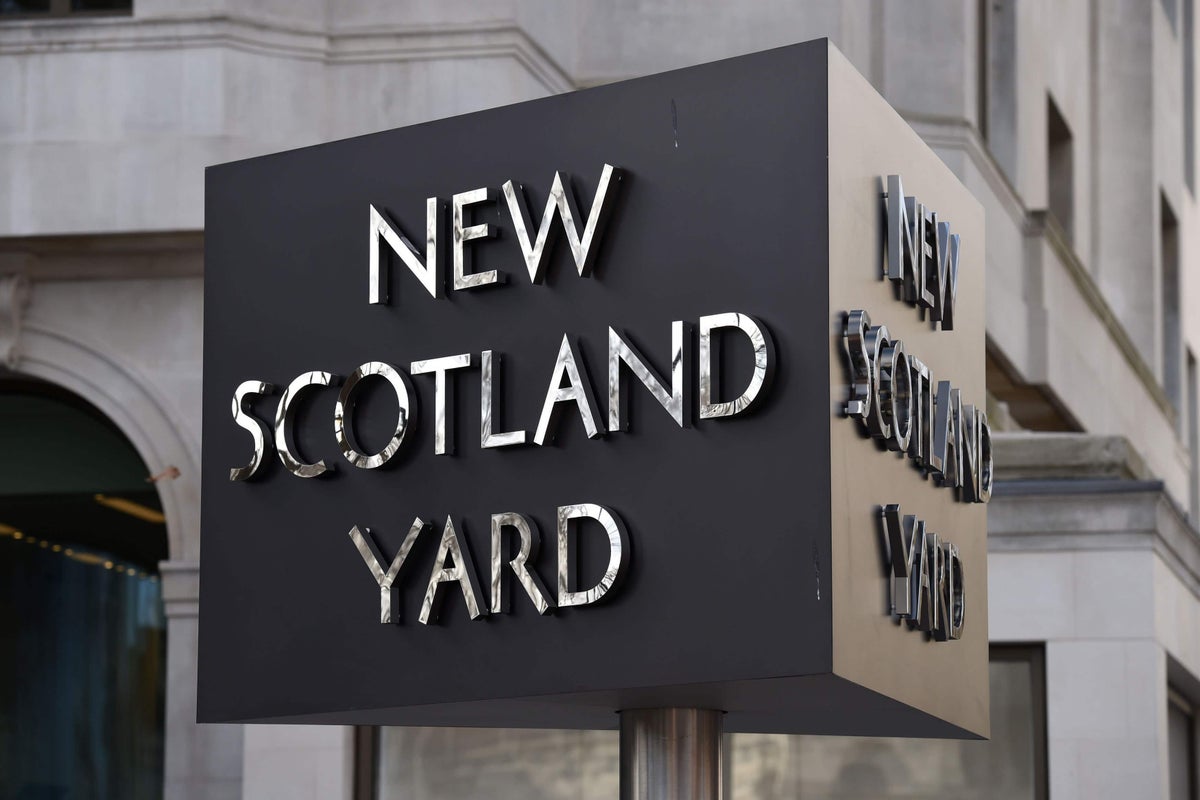
Rape cases have been dropped because DNA evidence was destroyed in “dilapidated or broken fridges and freezers” used by the Metropolitan Police, a damning report has found.
Baroness Louise Casey made the discovery during her review of standards and culture in Britain’s largest force, which concluded that it was institutionally racist, misogynist and homophobic, and needs “fundamental change”.
She said her team discovered that someone had kept their lunch in a sexual offence unit’s evidence fridge, while during last summer’s record heatwave, one chiller had “broken down completely”, meaning that all of the rape kits inside it could not be used as evidence.
The kits hold samples that are taken in intimate examinations of rape victims, to collect perpetrators’ DNA, hair and other medical evidence. Medical samples can only be taken in a short window after an assault, and cannot be re-done if they are lost weeks or months afterwards.
NHS advice to rape victims states: “It's important to have the swabs taken as soon as possible, as forensic evidence will wear and wash away.”
It comes as the prosecution rate for rape and sexual offences plummeted to a record low in England and Wales, with only 1.6 per cent of recorded rapes resulting in charges in the year to September.
The outcome in 10.5 per cent of cases was recorded as “evidential difficulties”, even where a suspect had been identified and victims were supporting the investigation.
Baroness Casey told a press conference that the issue of faulty evidence fridges and freezers “kept on coming up” as her team were interviewing officers for her review, which was triggered after the murder of Sarah Everard by a serving armed officer.
“They are symbolic of how the force has lost its way,” she added. “We found that officers were using bungee cords to keep a freezer closed – that meant that some of the samples got spoiled. People found a lunchbox in one of the fridges.”
The report said that the insufficient resources dedicated to investigating rape and serious sexual offences were symbolic of “institutional misogyny” in the Met.
“Instead of access to fast-track forensic services, officers have to contend with over-stuffed, dilapidated or broken fridges and freezers containing evidence including the rape kits of victims, and endure long waits for test results,” it said.

An anonymous female officer who spoke to the review about her experience working on a team investigating rape gave details of how the unit’s freezers, which held and preserved evidence from victims and survivors of sexual violence including swabs, blood, urine and underwear, “would be so full it would take three officers to close them: one person to push the door closed, one person to hold it shut, and one to secure the lock”.
The report continued: “All the fridges used for rape kits were in bad shape, packed and ruining evidence.
“In the heatwave in 2022, one freezer broke down and all of the evidence had to be destroyed because it could no longer be used. [The officer] said a general email had been sent round to this effect and that it meant that all those cases of alleged rape would be dropped.”
The female officer said she had “lost count” of the number of times she had asked a colleague where the necessary evidence was before being told that it had been lost.
She also told the review of “deeply concerning attitudes” held by some officers investigating rape and sexual offences, including a male officer who did not believe a violent attack “was rape at all”.
Responding to the Casey report at a press conference, Metropolitan Police Deputy Commissioner Lynne Owens said she had not previously been aware of the issue with evidence fridges.
She added that she had asked Baroness Casey for detailed information, adding: “Once we know more we will follow it through.
“If there have been instances where allegations have been dropped we need to understand the details … we have to do the best we can to protect samples that will be used in court.”







